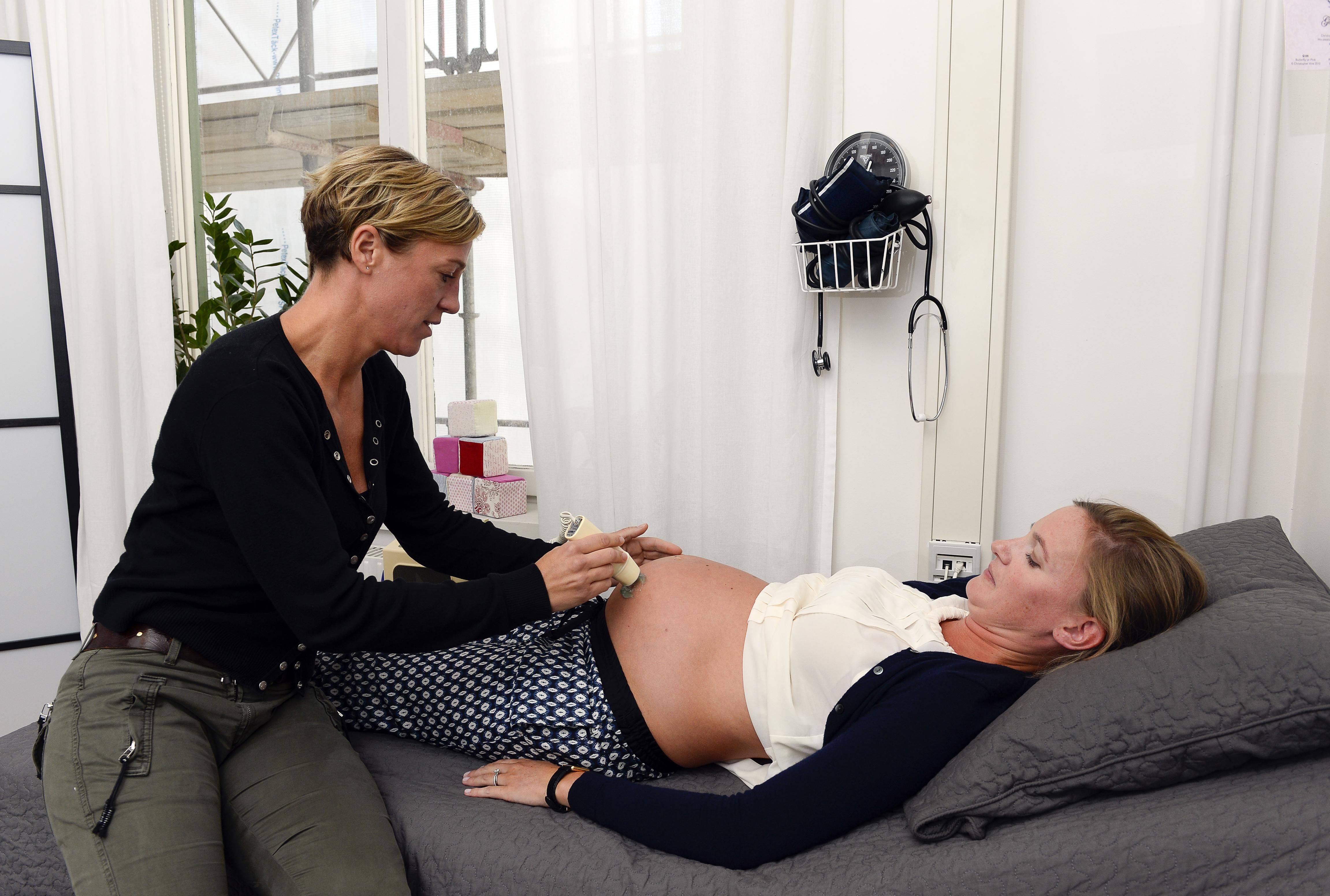Even though the anti-hormonal birth control book Sweetening the Pill is factually dishonest and terribly argued, its presence has kick-started a conversation about what women are doing to prevent pregnancy these days. In a piece introducing us to “the pullout generation,” Ann Friedman at the Cut suggests that large numbers of women, particularly women in their 30s, are looking all the way back to the 19th century:
These women describe a deliberate transition from the pill to the pullout. They buy organic kale and all-natural cleaning products, and so can’t quite get down with taking synthetic hormones every day. They are more driven by sexual pleasure — they see orgasms as a right, not a privilege — and hate the feel of condoms. They wouldn’t call themselves porn aficionados or anything, but they don’t think it’s demeaning to have a man come on them. They’re sick of supposedly egalitarian relationships in which they bear the sole responsibility for staying baby-free. They’re scared to stick an IUD up there, no matter how many rave reviews the devices get. And despite the fact that non-hormonal contraceptive options remain frustratingly limited, there are new tools at their disposal: With period-tracker apps, charting your menstrual cycle is no longer the domain of hippies and IVF patients. They know when to make him put on a condom. Plus, they can keep a packet of Plan B on hand at all times, ready and waiting should anything go awry. So it makes a certain amount of sense that, for these women, the pullout method is looking more like a legitimate contraception option.
Friedman cites a number of reasons that withdrawal is popular with the thirtysomething set. They want men to take on more responsibility. They are more likely to be in long-term relationships and feel more confident that their partners will demonstrate self-control. I don’t doubt that these are factors, but there’s another big one that Friedman doesn’t mention: These women and their partners are more open to having kids than they were in their twenties.
Reproductive health researchers call the phenomenon “pregnancy ambivalence.” We don’t talk about this much, because there’s a tendency to assume that people are—or should be—either in a state of trying to or trying not to get pregnant, with nothing in between. But in real life, there’s a surprising amount of gray. Earlier this year, Steph Herold at RH Reality Check explained some of the research demonstrating how widespread pregnancy ambivalence is:
The research team looked at questions relating to pregnancy ambivalence and contraceptive use, and their findings are quite startling. About 45 percent of respondents exhibited ambivalence towards pregnancy, and men were significantly more likely than women to be ambivalent (53 percent of men compared with 36 percent of women). People who expressed ambivalence about pregnancy were more likely to have used no birth control method in the past month.
Not everyone is decisive when it comes to knowing when to start having kids—or, if you want more than one kid, when the time is right to try for another. For some, it becomes easier to just be inconsistent with contraception or switch to less effective methods and let fate make the decisions for you. We all know a lot of people who say they’re not trying to have a baby exactly, but they’re not not-trying either—basically carving out emotional space to consider starting a family without having your mom start emailing you the names of fertility doctors if it doesn’t happen right away. Switching to the pullout method in particular allows men and women to choose, in the heat of the moment, to throw caution to the wind and maybe just get pregnant.
Of course, if you’re one of the many young women using this method, please reconsider. And if you’re a thirtysomething who is really 100 percent certain you don’t want to have a baby right now, you might want to rethink it too. As the research shows, men have more pregnancy ambivalence than women, and might be a little more inclined in the throes of long-term coital bliss to roll the dice.
